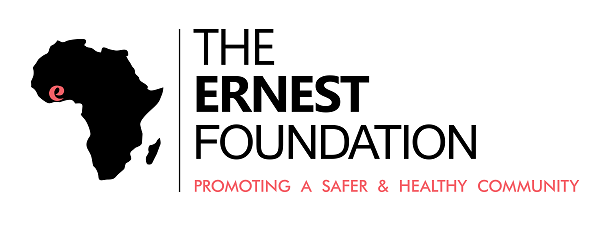Researchers recently talked to Black and Latina women living with HIV in the United States about their relationship with doctors. During interviews, some women described some doctors’ behaviour as discriminatory, disrespectful, or unsettling.
One woman explained how a doctor had wiped his hands immediately after shaking hands with her. She described her reaction:
“Every thought that went through my mind was negative. It was all inclusive. You are a Caucasian male. I’m an African American female. I’m HIV positive. You know my status. I don’t know yours. You wanna come in here and present yourself as being better than me? All of that went through my mind.”
Another felt judged:
“I had unprotected sex again, caught something. I don’t know. [The healthcare provider] was just rude about it, about me catching something and not being careful. It was just the way she was talking to me, like she was downgrading me, so it just felt uncomfortable.”
Others had more positive experiences:
“One of my providers shook my hand, actually said, ‘Hi, [name]. How are you? How is your son [son’s name]?’ Those kinds of…those personal things, that really makes a big difference on your whole outlook when you’re going right to the doctor… you know what I’m saying?”
Another talked about a doctor who took the time to explain medical terms to her and who taught her to insist on full explanations from other healthcare providers too.
“Now, my doctor… I love her… we communicate, we communicate real good.”
The researchers also did a survey of almost 1500 Black and Latina women living with HIV. They found that, on average, women with higher levels of health knowledge had more satisfying interactions with clinicians, felt more trust towards healthcare professionals, took their medication more consistently and attended appointments more regularly.
A page on our website includes tips on developing strong relationships with your healthcare providers.

